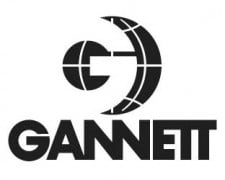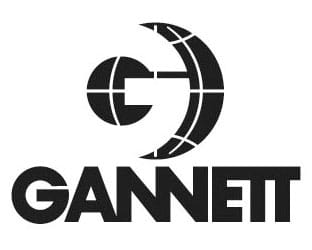 An early morning press release from Gannett revealed that had reached an agreement with Dish Network to extend negotiations on a new retransmission pact. Now comes word that the extension has produced a positive result.
An early morning press release from Gannett revealed that had reached an agreement with Dish Network to extend negotiations on a new retransmission pact. Now comes word that the extension has produced a positive result.
At the website of Gannett’s CBS WUSA Washington DC, the station’s Dish subscribers were referred to this tersely-worded message: “Gannett and DISH Network have reached an agreement regarding DISH Network’s continued retransmission of Gannett stations.”
Gone was the list of options provided to Dish subscribers should Gannett’s stations disappear from the satcaster’s lineup.
As is usually the case in such agreements, no details were provided about the terms of the agreement.
In the press battle that went on aside the negotiations between the two companies, Dish had been claiming that Gannett was seeking a 300% increase in its fees for the 19 network-affiliated stations that hung in the balance.
Gannett had indicated its extreme displeasure with Dish’s AutoHop ad-skipping technology.
According to a Reuters report, a Gannett insider who declined to be identified confirmed that AutoHop was on the table but was not a central part of the negotiation.
RBR-TVBR observation: So yet again, negative headlines are created, but in the end viewers suffered no disruption of service whatsoever.
About Dish’s oft-repeated 300% remark: According to SNL Kagan, broadcasters account for 40% of audience share, but receive only 3.8% of retransmission fees. Kagan concluded that broadcasters would likely be happy with less than 40%, but stated in no uncertain terms that there is ample room for broadcast to grow without putting a major hurt on MVPD expense budgets.
It must then be noted that the vast majority of MVPDs seem to understand this. Dish, along with DirecTV and Time Warner Cable, are the holdouts in the vast majority of retransmission negotiation stories that come up.
So it’s no surprise that Gannett had trouble with Dish. And it’s nice that this time they were able to come to an agreement without any loss of service, the way it works almost all the time. The upshot is that there is no need for the FCC or Congress to revise the retransmission consent system – a free market negotiation between two businesses.





